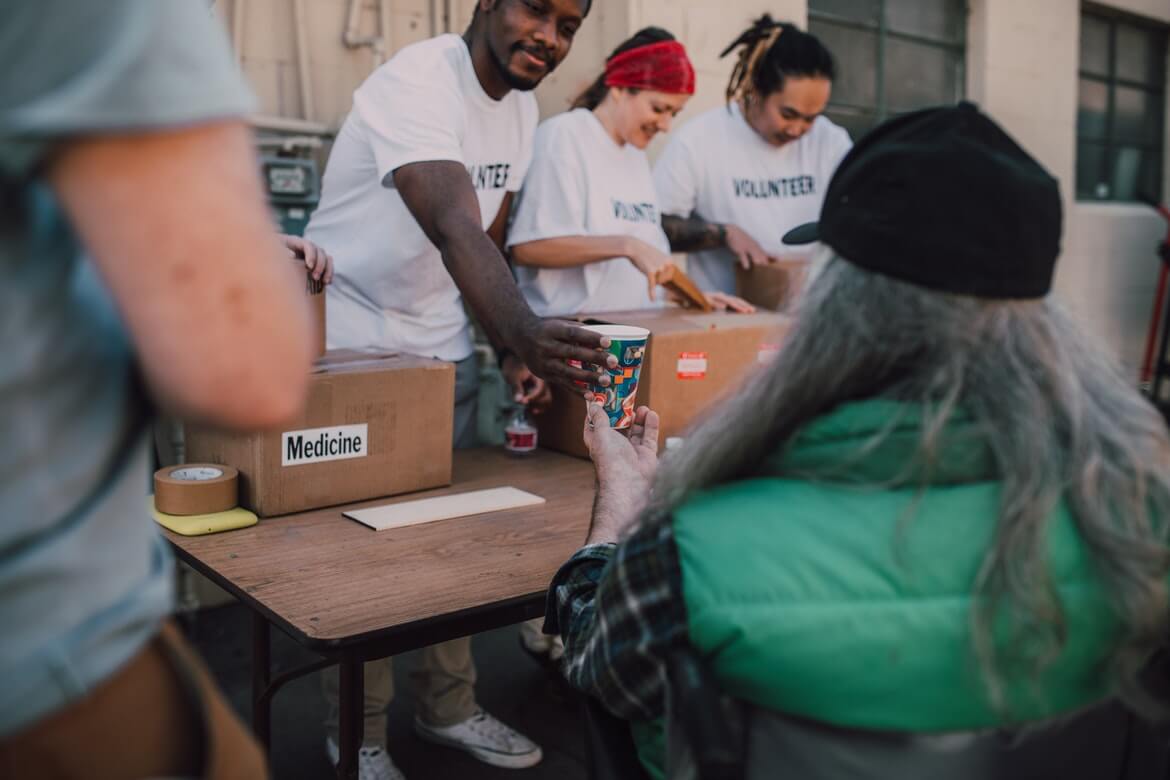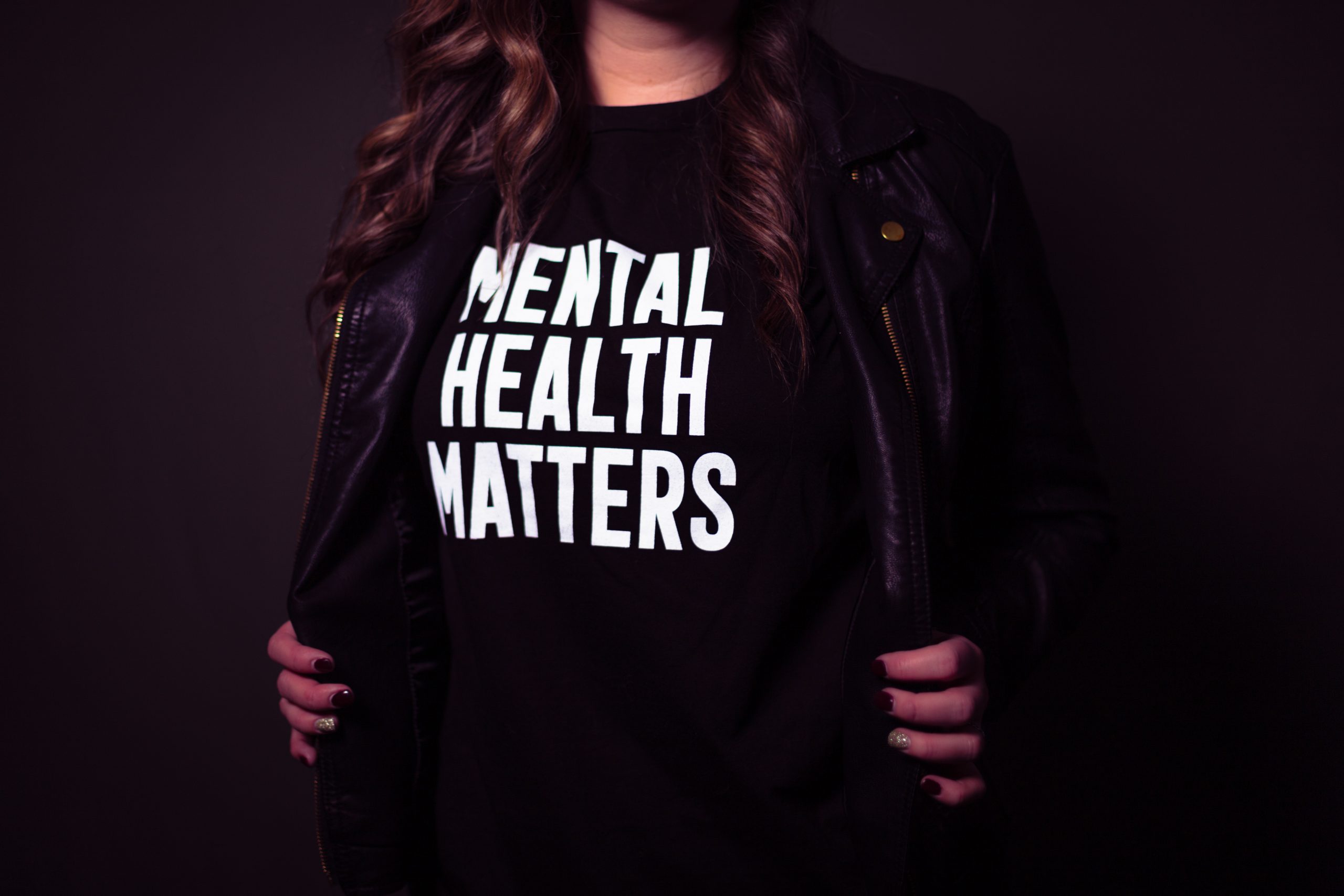In the UK, those who identify as Black/African/Caribbean or Black British make up 3% of the total UK population. Despite our underrepresentation in the population we are highly overrepresented in the mental health sector in comparison to our White and other Ethnic Minority counterparts. In comparison to the admission average in the UK, the admission of Black people is up to six times greater.
With so many contributing factors to our unfortunate reality, I really do believe that the influence that culture has is major yet out of all the contributing factors it has the simplest solution as it lies within our mindset and changes through eradicating what is false and educating ourselves on what is true. In this short blog post, I aim to explore the influence the Black Afro-Caribbean culture has.
I would also like to add that while I have taken time to research more on this sensitive topic, I’ve also made use of my own personal opinions during this discussion.
Important Facts and Figures
Before I delve into the main point of this blog post, I thought I would share some important information that gives reason as to why these discussions are important. While these facts and figures have a lot to do with the unfair treatment of Black people in the UK by the institutions that govern us, I still do believe that they are relevant to this topic as they still need to be discussed.
- Afro-Caribbean people are up to five times more likely to be diagnosed and admitted into the hospital for schizophrenia in comparison to any other group (Race Equality Foundation).
- The risk of psychosis in the Black Caribbean community is nearly seven times higher than their White counterparts (Mental Health Foundation).
- Rates of depression are reportedly much higher amongst Black and Minority Ethnic communities than for White communities (Mental Health Foundation).
- Detention rates under the Mental Health Act during 2017/2018 were four times great for Black/Black British groups in comparison to their White counterparts (Mental Health Foundation).
- Research in 2013 indicated that Black people detained under mental health legislation are 29% more likely to be forcibly restrained than White patients. Black people are 50% more likely to be placed into seclusion and diagnosed as psychotic (Institute of Race Relations).
- The Care Quality Commission (CQC) revealed that between 2011 and 2012 the proportion of Black/Black British people given Community Treat Orders (CTOs) was five times greater than the proportion of Black/Black British people in the general population (Institute of Race Relations).
There is a huge cultural stigma around discussing mental health within the Black community, almost as if the term “mental health” is going to reveal depressing and negative thoughts. It’s important that we, first of all, emphasise that mental health is a person’s condition with regard to their psychological and emotional well-being and so discussions can bring up almost anything. Today I could be on top of the world and tomorrow I may be all alone in my thoughts feeling not so good. It’s important we express these emotions with each other so that we continue to build and improve our community.
I personally believe that for my generation speaking about mental health is much easier and will be much easier for generations to come in comparison to my parent’s generation and generations before them. However, it’s never too late for all of us to educate each other as a way to build and improve relationships between generations. The idea of learning, evaluating, and changing attitudes towards sensitive topics such as mental health has been my motivation to write this post.
How is Culture Acting as a Barrier?
The influence culture has on this issue is huge. Coming from an African background, I find that the many of those in my parent’s generation and those in generations before can only understand the term “mental illness” to somebody whose life is completely wrecked and has now lost their ability to be “normal” and so the idea of being depressed, anxious and so on cannot exist as an issue in our mental health. This misconstrued perception on both mental illness and mental health only means that when discussions do come up, to suggest that your mental health may not be where it should be, becomes an insult to yourself and to your family. I’m lucky to have parents who work in the community and so understand a bit more on this matter but for many of my peers, this is their unfortunate reality.
I also find that a lot of parents believe that issues such as mental health only exist in other communities. I’ve also noticed that even those who work in the mental health sector to some degree, leave their career at the door of their household. What I mean by is that they believe issues in mental health only exist in their workplace and could never exist in their home. This ideology creates a space where children become uncomfortable with the idea of seeking support from their family and this creates greater issues in the relationship children have with their family.
Another issue culture brings when it comes to discussions on mental health is the idea that success cannot bring mental illness. Have you ever heard someone in your family say “you’ve been given everything you need for a good life and so you shouldn’t feel this way”. This mindset is severely damaging. We need to understand that material gains may physically support us but that is not enough to ensure that mentally we are well. Our successes can be severely draining especially when we fail to consider how our path to success may impact our mental health. It’s also important to note that perceptions of life challenges are different for all types of people and so what I perceive to be a roadblock may seem like a walk in the park for another person. We shouldn’t invalidate each other’s personal experiences but rather empathise and support each other through our journeys. Sometimes we fail to enjoy our success because of the journey that came with it and so mental health discussions in these areas of our lives are vital because we begin to explore stored up emotions and improve our state of mind.
While the culture of the Afro-Caribbean community is beautiful I do believe that some aspects have resulted into families failing to accept reality. A lot of our parents have not addressed their own mentally challenging moments during their path to success. Think about it, coming to the UK with nothing, trying to keep one step ahead of the Home Office and working hard to ensure you and your family are ok is not easy and may have been a traumatising experience and though they may be ok now, it’s important that they explore and express these emotions, especially with those who went through similar journeys to be as successful as they are today. This normalises feelings and enables us to filter out the negative emotions that came with hard work.
The final cultural barrier I want to discuss is the idea that anything that happens stays in the home. This could be because there is a fear of accepting reality or revealing family secrets. While I do believe that not everything has to be shared, I’ve found this idea can trap you in a state of negativity. Imagine if you cannot talk to your family members about your mental health and you’re also being discouraged from seeking professional help. This factor is one of the main reasons why we see less of our community accessing mental health services and so needs to be a factor that requires re-evaluating in order to ensure each and every one of us has a great support system behind us.
So What Can We Do to Reduce the Negative Influence Culture May Have on Discussions?
Educate.
Education on both mental health and mental illness and how it is impacting the Black community is the first and most important step required to ensure change is possible. A lack of education on this matter can lead to ignorance and we can already see that with many people who refuse to believe that this topic is a big issue. The best and simplest way to educate ourselves and each other is through reading up on statistics as these provide a clear breakdown of the topic. It’s also important that we share this with our family and friends. For some people, the only way for them to take this topic seriously is through facts and figures, so we must do our best to ensure we all have access to these resources Here are a few useful sites:
The Mental Health Foundation
https://www.mentalhealth.org.uk/a-to-z/b/black-asian-and-minority-ethnic-bame-communities
BME Groups – Dudley and Walsall
http://www.dwmh.nhs.uk/wp-content/uploads/2013/06/876-2010-8-25-5649476.pdf
Institute of Race Relations
http://www.irr.org.uk/research/statistics/health/
Eradicate
While our culture is beautiful, there are aspects and cultural mindsets that we most definitely need to eradicate, and this is ok. By removing negative aspects, we grow into a new and improved community. This change starts with yourself. Are there any views you have on mental health that may be dangerous to yourself? or to family and friends? Ask yourself these important questions, evaluate your answers, and make the necessary changes. The change then moves onto your family, friends, and community. How can we improve relationships? How can we spread the message? Once these questions have been answered we can all evaluate our answers and make necessary changes together.
Today’s post was not in any way trying to crush the community I was brought up and live in but has aimed to highlight an important matter as a means to bring positive change. It’s my hope that this post has shown that.
Wishing you all the best,








